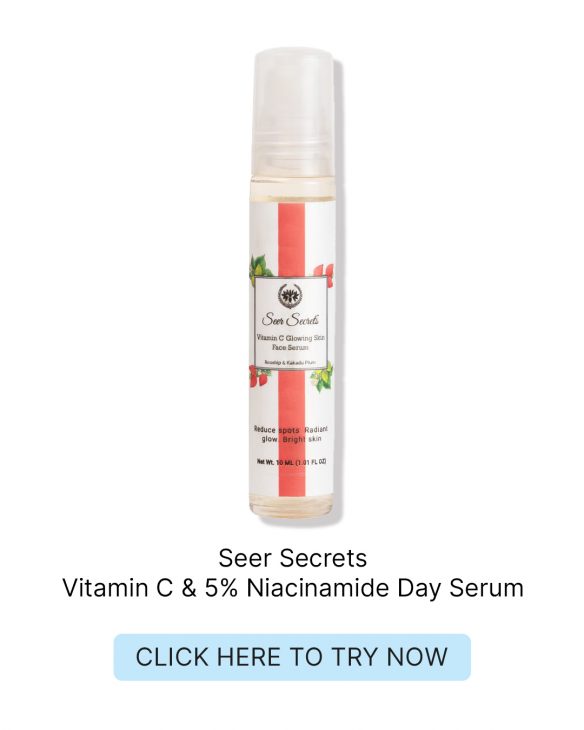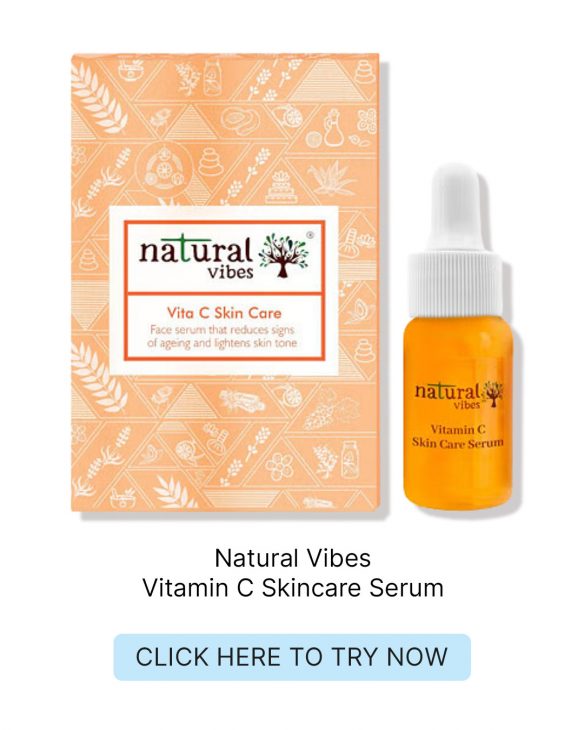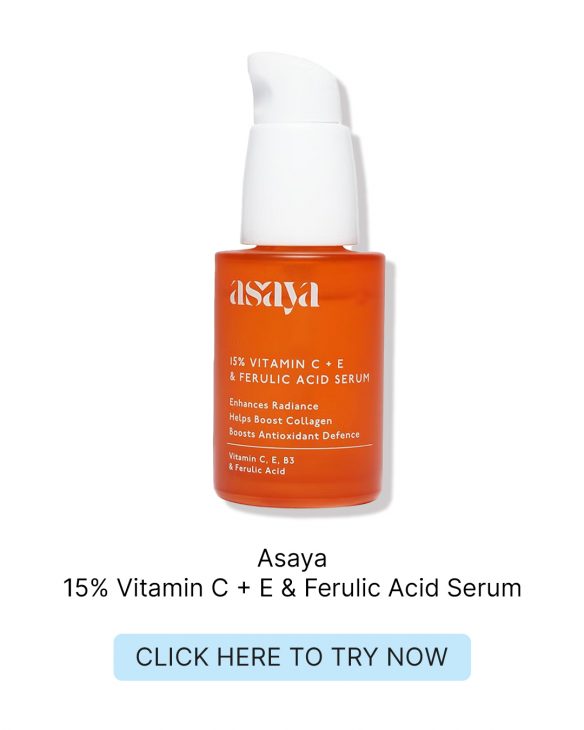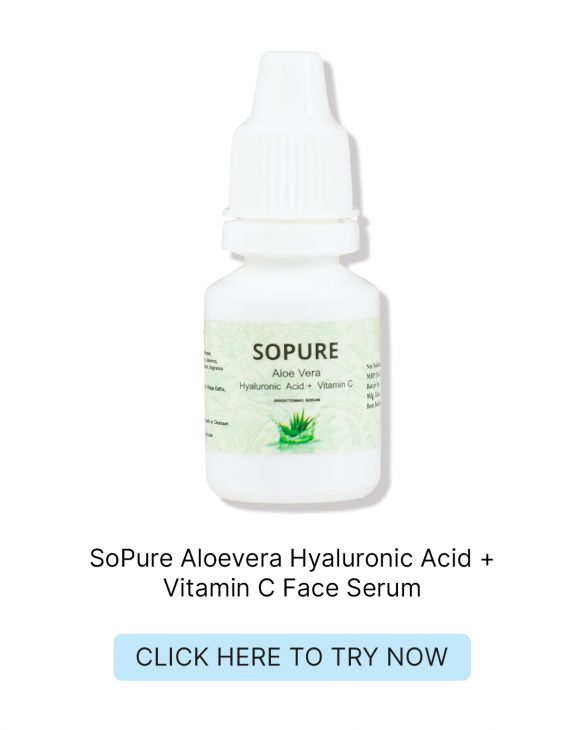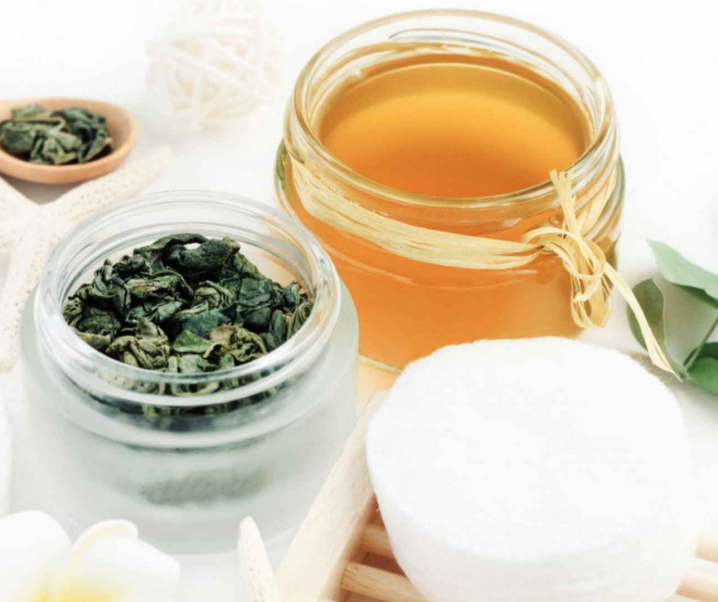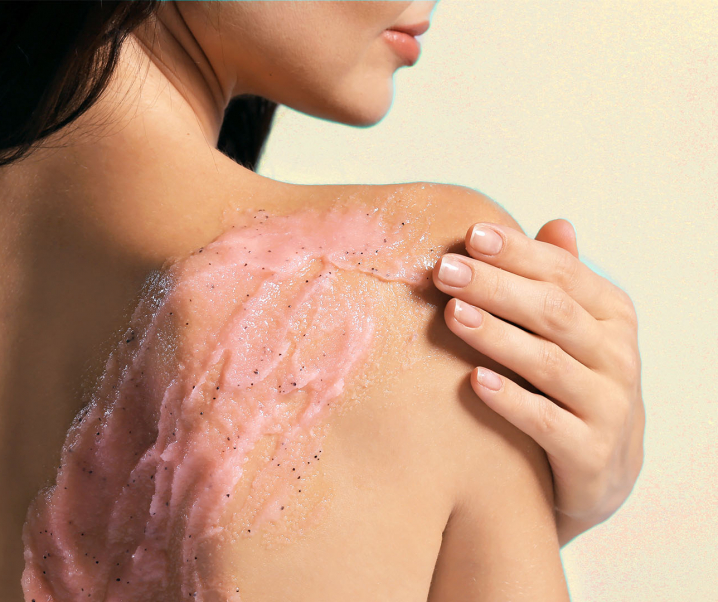Skincare enthusiasts swear by vitamin C for its ability to brighten skin, fight signs of ageing, and restore a natural glow. While store-bought serums can be pricey, making your own is simple, cost-effective, and ensures you know exactly what’s going on your skin.
In this guide, you’ll discover the benefits of vitamin C for your skin, step-by-step DIY serum recipes for different skin types, and tips for storing and combining vitamin C with other ingredients.
What Are the Benefits of Vitamin C for Skin?
Vitamin C is a powerhouse ingredient for skincare, with results that can transform your complexion over time. Here’s how it works wonders for your skin:
- Brightens Skin Tone
Vitamin C reduces dark spots, hyperpigmentation, and dullness by blocking excess melanin production. The result? A more even, glowing complexion that looks radiant every day. - Fights Signs of Ageing
As we age, collagen—the protein that keeps skin firm and plump—starts to decline. Vitamin C stimulates collagen production, smoothing fine lines and wrinkles for a youthful appearance. - Shields Against Environmental Damage
As a powerful antioxidant, vitamin C defends your skin against free radicals caused by pollution, UV exposure, and stress. It acts like a protective barrier to keep your skin healthy and resilient. - Smooths and Softens Skin
By gently exfoliating dead skin cells and supporting cell turnover, vitamin C leaves your skin feeling soft and silky while improving its texture over time.
DIY Vitamin C Serum Recipes for Different Skin Types
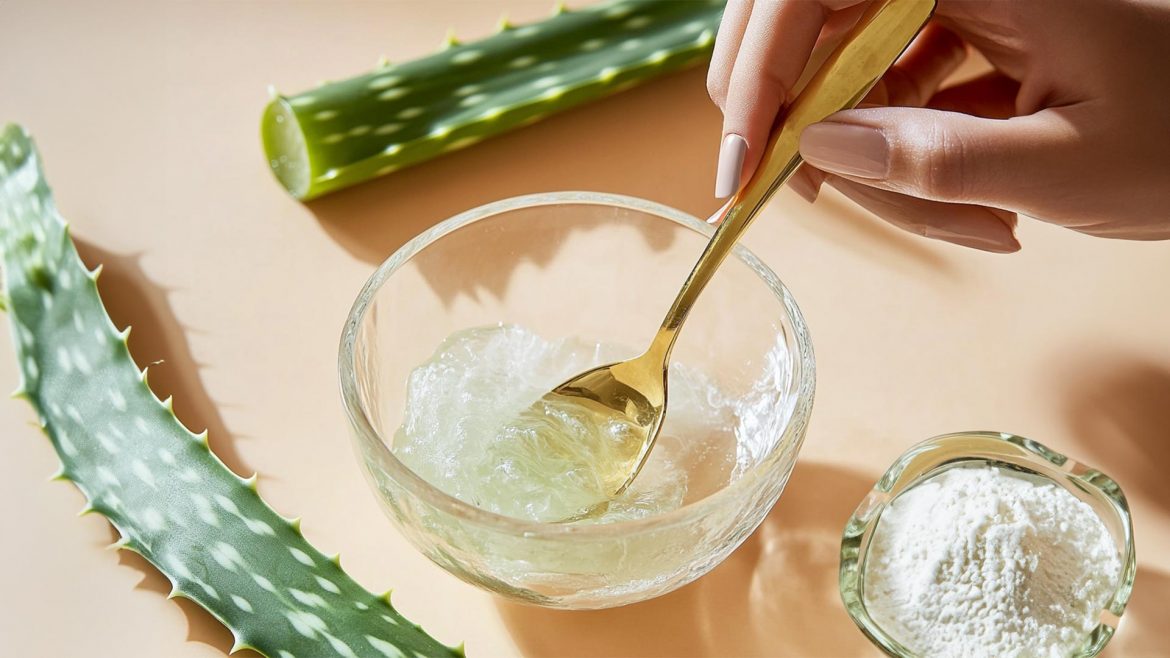
Making a vitamin C serum at home is surprisingly easy, and the best part? You can tweak the recipe to suit your skin type. Let’s dive into some tried-and-true formulations:
1. Basic Vitamin C Serum (For All Skin Types)
This beginner-friendly recipe is perfect for anyone new to DIY skincare.
- Ingredients:
- 1 teaspoon L-ascorbic acid (pure vitamin C powder)
- 1 tablespoon distilled water
- 1 teaspoon vegetable glycerine (optional for hydration)
- Instructions:
- In a small bowl, dissolve the vitamin C powder in distilled water.
- Add vegetable glycerine if your skin feels dry or tight.
- Pour the mixture into an amber glass bottle to protect it from light.
This light, hydrating serum is suitable for daily use and provides a gentle introduction to vitamin C’s benefits.
2. Vitamin C Serum for Oily or Acne-Prone Skin
If you struggle with breakouts or excess oil, this serum will leave your skin feeling balanced and refreshed.
- Ingredients:
- 1 teaspoon L-ascorbic acid
- 1 tablespoon aloe vera gel
- 2-3 drops tea tree essential oil
- Instructions:
- Mix the vitamin C powder with aloe vera gel until it’s fully dissolved.
- Add tea tree essential oil, known for its antibacterial properties.
- Transfer to a dark bottle and refrigerate.
This soothing serum reduces redness, fights acne-causing bacteria, and hydrates without clogging pores.
3. Vitamin C Serum for Dry or Mature Skin
This rich, nourishing serum is ideal for dry or ageing skin, delivering hydration while boosting elasticity.
- Ingredients:
- 1 teaspoon L-ascorbic acid
- 1 tablespoon rose water
- 1 teaspoon jojoba oil or sweet almond oil
- Instructions:
- Dissolve the vitamin C powder in rose water, known for its calming properties.
- Stir in the jojoba or almond oil for added moisture and nourishment.
- Store in a cool, dark place to preserve its potency.
This serum deeply hydrates, smooths fine lines, and leaves your skin with a soft, dewy glow.
How to Store Your Homemade Vitamin C Serum
Vitamin C is highly effective but notoriously unstable. To keep your serum potent:
- Use an Amber Glass Bottle: Dark bottles block light, which can degrade vitamin C.
- Refrigerate It: Cool temperatures slow down oxidation and extend the serum’s shelf life.
- Make Small Batches: Homemade vitamin C serum has a short shelf life (1-2 weeks), so avoid making more than you can use.
- Watch for Colour Changes: If your serum turns yellow or brown, it’s oxidised and less effective. Discard and make a fresh batch.
Combining Vitamin C with Other Ingredients
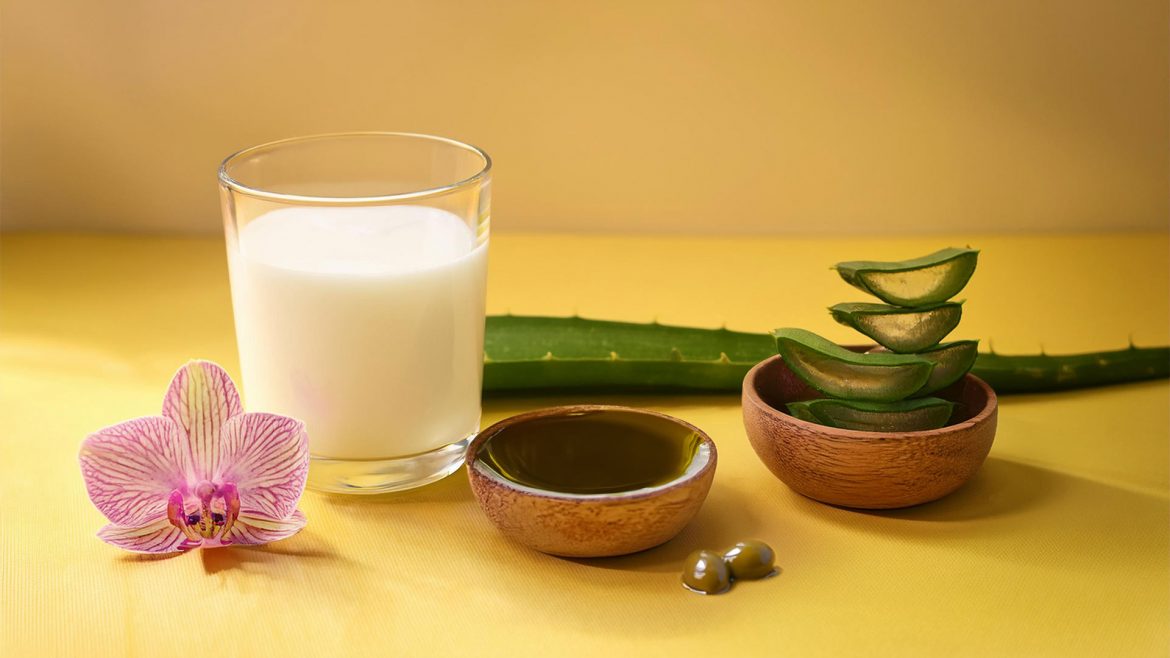
Enhance your DIY serum’s effectiveness by pairing vitamin C with complementary ingredients:
- Hyaluronic Acid
Locks in moisture, plumps the skin, and enhances hydration. Perfect for dry or dehydrated skin. - Vitamin E
This antioxidant works in tandem with vitamin C to amplify its protective and anti-ageing benefits. - Niacinamide
Balances oil production, soothes redness, and minimises pores. Use in your skincare routine but avoid mixing directly with vitamin C for maximum effectiveness. - Aloe Vera
Provides calming and hydrating properties, making it a great addition for sensitive skin.
Serums to Try on Smytten
If DIY isn’t your thing, or if you’re short on time and prefer ready-made options, here are some tried-and-tested vitamin C serums to consider:
Tips for Using Vitamin C Serum
- Do a Patch Test: Before applying to your face, test the serum on a small area to ensure it doesn’t cause irritation.
- Apply in the Morning: Vitamin C protects your skin from environmental damage, so it’s best used during the day.
- Follow with SPF: Vitamin C increases your skin’s sensitivity to sunlight, so pair it with sunscreen for optimal protection.
- Start Slowly: If you’re new to vitamin C, apply it every other day and gradually increase frequency as your skin adjusts.
FAQs
1. Is DIY vitamin C serum safe for sensitive skin?
Yes, but always do a patch test first. Start with a lower concentration of vitamin C to avoid irritation and gradually increase as your skin adjusts.
2. How often should I use a vitamin C serum?
For beginners, start with every other day. Once your skin adapts, you can use it daily, preferably in the morning, followed by sunscreen.
3. Can I use vitamin C serum with other skincare products?
Yes, vitamin C pairs well with hyaluronic acid and vitamin E. Avoid using it with niacinamide or retinol in the same routine to prevent irritation.
Final Thoughts
Making your own vitamin C serum is a fantastic way to embrace natural skincare while saving money. By choosing ingredients that suit your skin’s specific needs, you’ll create a powerful serum that brightens, protects, and rejuvenates your complexion.
Whether you’re fighting fine lines, battling acne, or simply looking for a radiant glow, DIY vitamin C serum is the ultimate natural skin-brightening remedy. Try one of these recipes today, and let your skin shine like never before!


